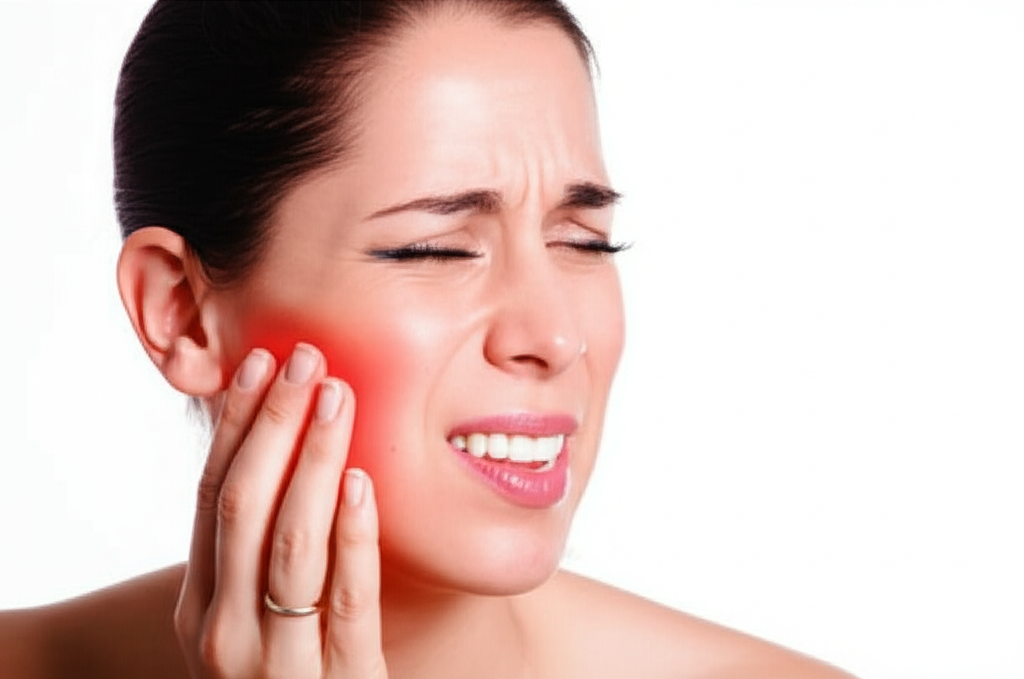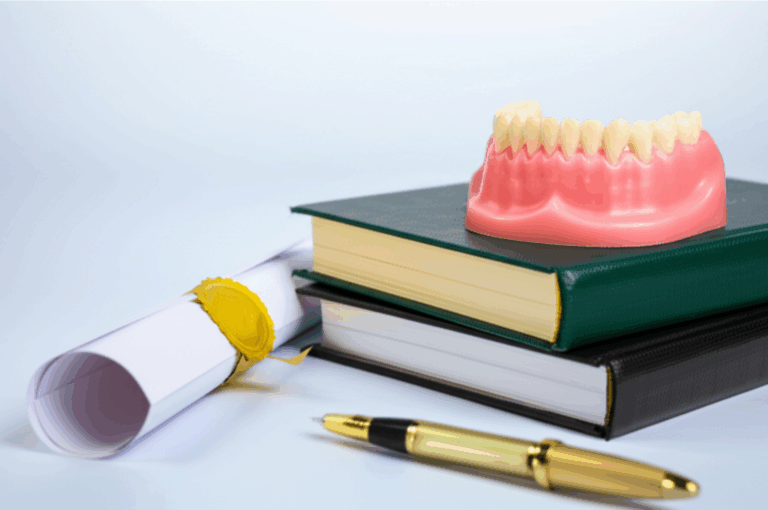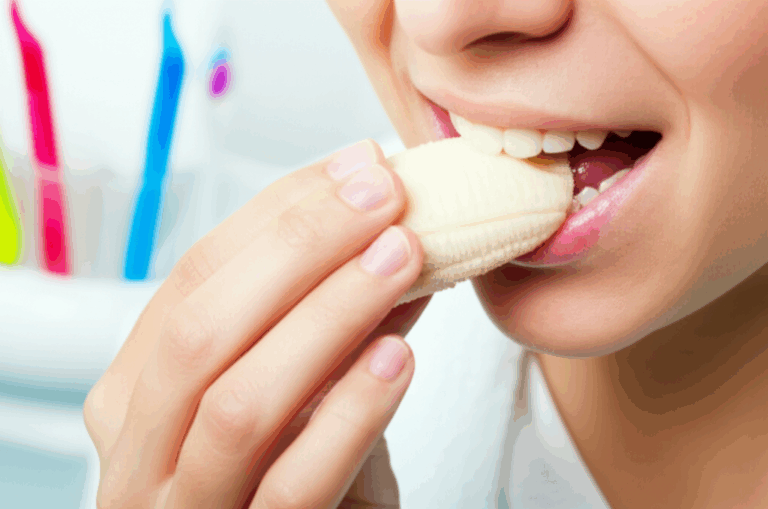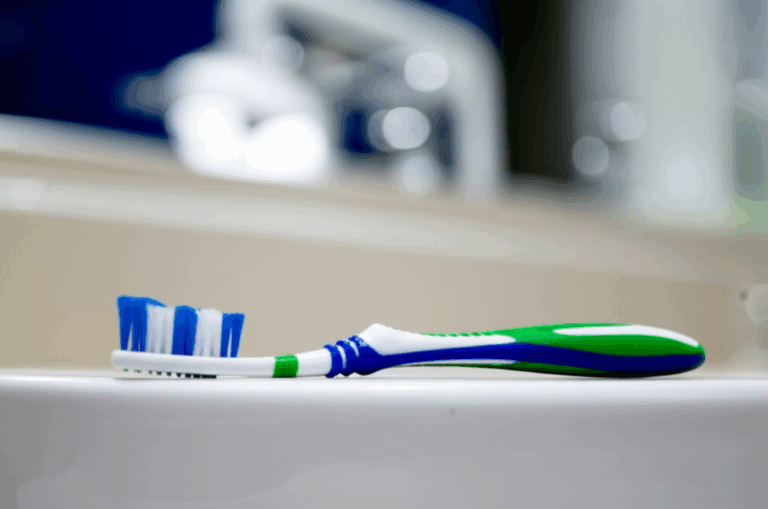
When to Go to the Dentist for Tooth Pain: My Honest Guide to Getting Care When You Need It
Table of Contents
- Immediate Signs You Need to Act Now
- Urgent Dental Visits: Don’t Put These Off
- Tooth Pain That Can Wait (But Not Forever)
- How Cavities Cause Pain
- The Dangers of Dental Abscesses
- Cracks, Breaks, and Lost Fillings
- Gum Disease and Wisdom Tooth Woes
- Pain from Grinding or Jaw Problems
- Tooth Sensitivity Explained
- Quick Relief at Home
- Precautions That Matter
Introduction: Why Tooth Pain Isn’t Something to Brush Off
Let me start with a confession: I didn’t always take tooth pain seriously. Like lots of people, I’d ignore it, hoping a little ache would just go away. But after my wake-up call (a swollen jaw that kept me up all night), I learned the hard way why quick action really matters.
If you’re reading this in pain or worried about your teeth, you’re not alone. Toothaches hit almost a quarter of all adults in the U.S. every year. But the big question always comes up: Is your pain just a small headache or a sign you need to see a dentist right now? Knowing the answer really matters.
When Tooth Pain Means an Emergency
Immediate Signs You Need to Act Now
Here’s what I’ve learned—some tooth pain isn’t just annoying, it’s actually dangerous. These signs mean you shouldn’t wait another minute. If you see any of these, get to a dentist or ER right away:
- Pain so bad you can’t stand it: If pain is so strong you can’t sleep or do anything else, something serious could be going on. I remember one night when no medicine helped; my body was telling me to get help.
- Swelling getting worse fast: If your face, jaw, or neck is swelling up quickly, that could be a spreading infection. When my cheek swelled up after drinking water, I knew I couldn’t wait.
- Hard to breathe or swallow: Infections near your throat can close it up and get really dangerous, really fast.
- Fever with swelling or pain: If you have a fever and pain, the infection could be spreading in your whole body.
- Pus or bad taste: I once found a tiny bump on my gum leaking pus. That’s an abscess, and it needs fast care.
- Bad accident: A knocked-out, loose, or broken tooth from a fall or hit isn’t something you can fix yourself.
- Bleeding that won’t stop: If you can’t stop the bleeding, especially after an injury, go now.
A dental emergency can get a lot worse if you wait, with rare but real dangers like blood infections or infections spreading to your brain. My best advice: If your gut says “This seems wrong,” listen.
Urgent Dental Visits: Don’t Put These Off
Some pain isn’t a real emergency, but still needs quick attention—best within a day or two. Here’s when I book an appointment fast:
- Pain that won’t stop: If pain doesn’t go away and keeps you up at night, something is wrong.
- Pain when chewing: If biting down hurts, it could be a cracked tooth or a cavity that needs help.
- Hot/cold pain stays: If a sip of hot or cold hurts for more than a second, the nerves might be in trouble.
- A hole or dark spot: When I saw a pit in my tooth, I called right away. Cavities don’t fix themselves.
- Filling or crown fell out: When a tooth is left open like this, it can get sensitive and damaged.
- Swelling in one spot (no fever): Localized swelling that doesn’t go down after a day is a warning.
- Bad taste or smell: If your breath smells bad and it’s from a problem tooth, an infection could be starting.
- Little gum bump: What looked like a “pimple” made me get a root canal. Don’t ignore it.
Tooth Pain That Can Wait (But Not Forever)
Other times, it’s not as urgent. Here’s when I just make a regular appointment, even if I’m not in pain:
- Mild, short sensitivity: A quick jolt from sweets or cold? No emergency unless it gets worse.
- Off-and-on dull ache: Sometimes my jaw just feels weird. Some pain medicine helps, but I write it down.
- Food stuck between teeth: If pain goes away after flossing, I don’t worry, but if not, I call the dentist.
- Jaw feels sore sometimes: Grinding my teeth at night or a clicking jaw can feel like tooth pain, but it’s not always urgent.
- A little bleeding while brushing: Usually means your gums are a bit inflamed, not an emergency—but I tell my dentist next time.
Bottom line: If pain gets worse, sticks around, or you see swelling or pus, call the dentist before it gets worse.
Understanding What’s Behind Your Toothache
Now, let’s talk about why teeth hurt. I’ve dealt with these problems myself or heard them from friends and family. Each one can be mild or serious—and it helps to know what’s going on.
How Cavities Cause Pain
Cavities are like little bugs eating your teeth. At first, you may not notice. But once the hole gets deeper, the nerve starts hurting—usually as sharp pain or pain from sweets, hot, or cold.
Catching these early is a lifesaver. I once saw a dark spot early; my dentist took a quick X-ray and found a cavity that just needed a small fix. But if you wait, it can mean a root canal or losing the tooth.
The Dangers of Dental Abscesses
An abscess is not just “tooth pain”—it’s pus trapped inside. When I had one, it was a bump on my gum that hurt with every heartbeat and tasted bad in my mouth.
Abscesses can go from annoying to dangerous fast. If you get a fever or your face swells, it’s now an emergency. You can’t fix this at home—a dentist needs to check it, drain it, and give you the right medicine.
Cracks, Breaks, and Lost Fillings
One time I bit down on popcorn and heard a “crack.” That meant my nerve was exposed, and everything hurt! Losing a filling or crown felt similar. Hot and cold drinks hurt right away.
It’s not safe to ignore broken teeth or missing fillings. I always book a repair right away, often through a crown and bridge lab or ask my dentist for a quick fix while I wait for a bigger repair.
Gum Disease and Wisdom Tooth Woes
Gum disease seemed “mild,” but soon my gums were sore, swollen, and sometimes bleeding. Gum pain—especially with gums pulling back—means it’s time for a cleaning or maybe more care.
And wisdom teeth? I won’t forget the aching, tight jaw pain when mine got stuck under the gum. Some people’s wisdom teeth come out fine. For me, swelling and pain meant I needed to see a dentist right away and, in the end, get some teeth removed.
Pain from Grinding or Jaw Problems
For a while I’d wake up with sore teeth and a tight jaw, never knowing I was grinding my teeth at night. This wore down my teeth and gave me headaches. Once I got a custom night guard from a night guard dental lab, mornings got a lot better.
A clicking jaw or jaw pain (TMJ troubles) can feel like tooth problems, too. Left alone, it can make talking or eating hurt.
Tooth Sensitivity Explained
Sometimes my teeth would sting when I drank something cold or took a bite of hot food. If the pain goes away quick, it can be worn-down teeth or the gum pulling away. If it keeps happening, it could be tooth decay or gum disease. Either way, I let my dentist know.
What I Do Before My Dental Appointment
Just so you know: home remedies don’t really fix the problem. But if I have to wait before my appointment, these tricks help with pain.
Quick Relief at Home
- Pain medicine: Ibuprofen or acetaminophen helps take the edge off. (I don’t give aspirin to kids!)
- Cold pack: Putting a cold cloth or ice pack on my cheek for 15 minutes helps swelling.
- Salt water: Swishing warm salt water around my mouth soothes things and helps keep it clean.
- Clove oil: A tiny bit on a cotton swab on the sore spot numbs things for a little while.
Precautions That Matter
- No ice cream or very hot drinks—big temperature changes make pain worse.
- I don’t poke or press on the tooth.
- I use a soft toothbrush and brush gently.
One last thing: If my pain gets worse, I call the dentist right away.
What Really Happens at the Dentist: Setting Expectations
I used to get nervous about visiting the dentist, mostly because I didn’t know what would happen. But after dealing with toothaches, I learned they’re good at finding the problem fast.
Here’s how it usually goes:
- Check-up: They’ll ask what hurts, look at the tooth, and check for swelling or holes.
- X-rays: These show what’s hiding under your gums—good for catching problems you can’t see.
- Diagnosing and fixing: My dentist tells me what’s wrong, how to fix it, and what each fix means. Sometimes it’s a simple filling, other times it’s medicine or a bigger treatment.
Dr. Joe Dental, my trusted dentist, once told me that catching problem teeth early saves pain (and money).
- Pain relief: Dentists use numbing stuff and, if needed, give you pain medicine that works.
About costs: Get help early and it’s way cheaper than waiting until it’s an emergency. Emergency visits are much more expensive. I know from experience!
Stop Tooth Pain Before It Starts: My Proactive Plan
I’ve learned that preventing pain is easier than fixing it. Here’s what works for me:
- Regular dental visits: Going twice a year stops small problems from growing big.
- Daily brushing and flossing: I brush morning and night, floss before bed, and sometimes use a fluoride rinse. I skipped these once and paid for it with a cavity!
- Protection: I play soccer, so I wear a mouthguard. If you grind your teeth, a night guard from a good digital dental lab is a life-saver.
- Smart snacks: Less sugar means fewer cavities.
- Act quickly: If something hurts or cracks, I call the dentist. It’s cheaper and easier to fix small stuff early.
If you work with dental pros, they have plenty of ways to fix and protect your teeth—like crowns, veneers, or even full repairs if you need it.
Conclusion: Trust Your Teeth—And Your Instincts
After lots of dental visits and mistakes, here’s what I know: tooth pain is never “normal.” Letting a small ache go can turn into a big problem—sometimes leading to the ER.
If you feel a sharp pain, a dull ache, or sudden swelling, trust your gut and see a dentist. Dentists are there to help you keep your smile healthy, and the sooner you get help, the better.
Not sure? Call your dentist. When you don’t know, asking for advice is your best bet for a healthy, pain-free mouth. I’ve lived it—and my teeth can prove it.
Reviewed by Dr. Joe Dental, DDS
This article shares personal tips and has been checked by a dental professional for accuracy.








